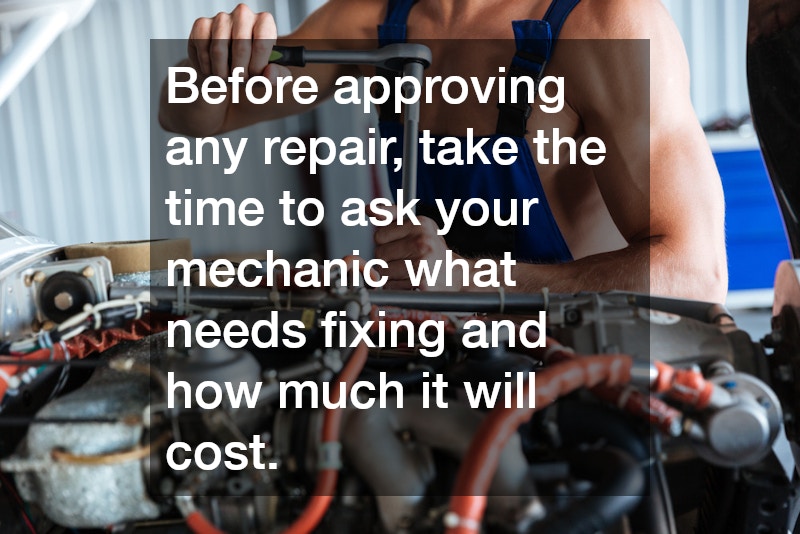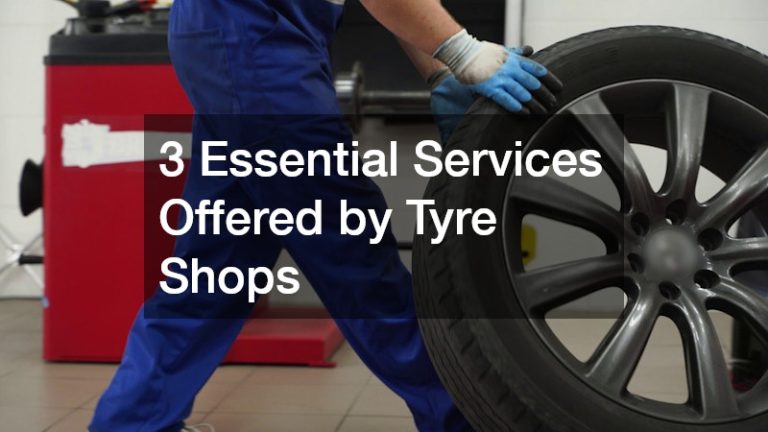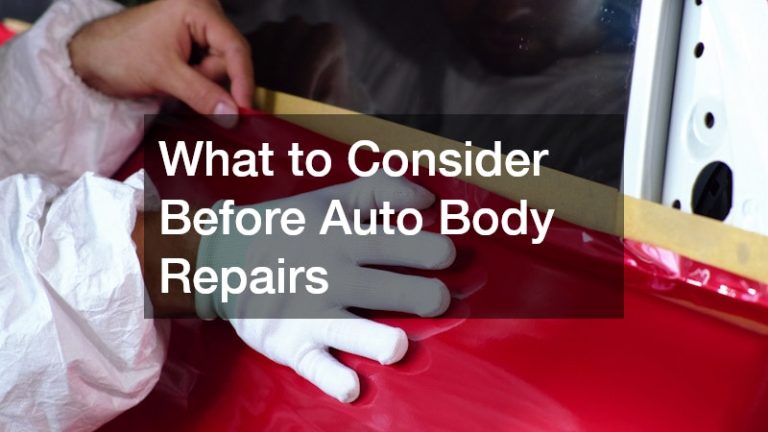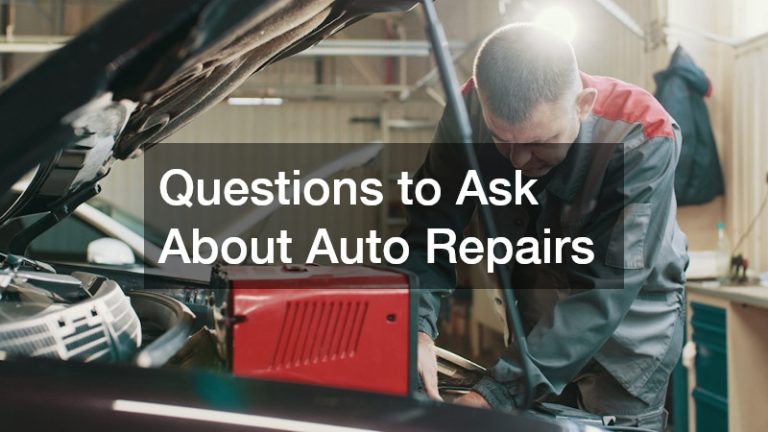
Most drivers are not automotive experts, so they rely on a mechanic to explain what is wrong and how to fix it. But just because you are not a technician does not mean you should blindly approve every service suggested.
Asking the right questions before you give the go-ahead can help you understand the issue, avoid unnecessary costs and make informed decisions about your vehicle.
Taking the time to ask three key questions gives you more control and confidence in the process. It also helps build trust with your mechanic and ensures your car is repaired safely and correctly the first time.
What exactly is wrong with the car, and why does it need fixing now?
One of the first things to ask your mechanic is for a clear explanation of what the problem is. They should be able to describe the issue in simple language, avoiding overly technical terms unless you ask for more detail. A reputable mechanic will be happy to take the time to explain what they found, what it means and why it matters.
If you do not understand, ask them to show you. Seeing the worn brake pads or a cracked hose makes it easier to understand why a part needs replacing. Some workshops will even photograph the damaged parts as part of their inspection, so you can review them before deciding.
The next part of this question is about urgency. Not all car repairs are critical. Some problems, like engine overheating or brake failure, require immediate attention because they can lead to breakdowns or safety risks. Others, like minor oil leaks or worn suspension parts, may be less urgent and can be monitored or scheduled for a later date.
Understanding which repairs are essential and which can wait helps you manage your budget and avoid feeling pressured to approve work on the spot.
How much will it cost, and what is included in the quote?
Price is often the biggest concern when your car needs unexpected work. Always ask for a written quote before you agree to any repairs. This quote should clearly list the cost of labour, parts and any additional charges like shop supplies or diagnostic tests.
It is important to ask whether the price is fixed or if it might change. Some repairs can uncover deeper issues once the mechanic begins the work. In these cases, make sure they call you before going ahead with anything extra. This avoids unwanted surprises when you pick up your car.
Also, ask if there are any options. For example, can the mechanic use aftermarket or refurbished parts instead of new factory parts? Are there different brands or quality levels available? A good workshop will talk you through the choices and explain how each option affects cost, performance and reliability.
If the total cost is more than you expected, see if the work can be broken up. Some repairs can be done in stages to spread out the expense. If the repair shop offers payment plans or financing, that is worth asking about, too.
Make sure everything discussed is written down. Verbal agreements can lead to misunderstandings, so always confirm pricing and job details in writing.
Is there a warranty or guarantee on the work?
Quality repairs should come with a warranty. Always ask your mechanic if the work and parts are covered, and for how long. Warranties show the workshop is confident in its work and prepared to stand behind it.
Ask whether the warranty applies to both parts and labour. Some warranties only cover the parts, meaning you would have to pay again for labour if something goes wrong. Others may only apply to certain brands or components.
Also, ask what happens if the same problem returns after the repair. Will they recheck the work free of charge? What steps do you need to follow to make a warranty claim? Understanding this process before repairs begin can save frustration later.
Taking Control of the Repair Process
You do not need to be an expert to make smart decisions about your car. Asking the right questions helps you understand the repair process and ensures that you are not being overcharged or misled. Most reputable mechanics welcome these conversations and are happy to explain their recommendations.
If a mechanic seems impatient, vague or unwilling to answer your questions, that can be a sign to look elsewhere. A good workshop will respect that you want to make informed choices and will provide honest, clear advice.
When you ask about the nature of the repair, the cost and the warranty, you are protecting your time and money. You also gain confidence in the work being done and avoid the stress of unexpected bills or repeat visits.
Before approving any repair, take the time to ask your mechanic what needs fixing, how much it will cost and what guarantees come with the work. These questions are simple but powerful, helping you avoid surprises and build a strong relationship with your service provider.







